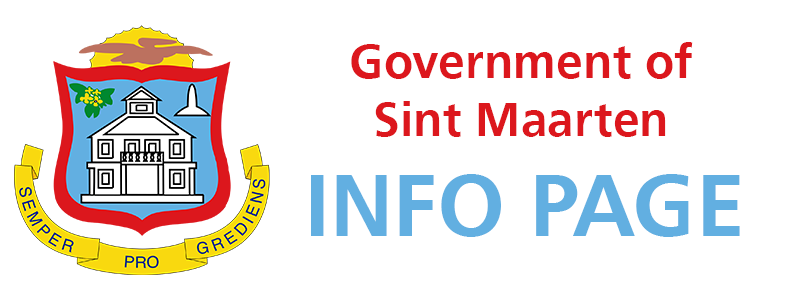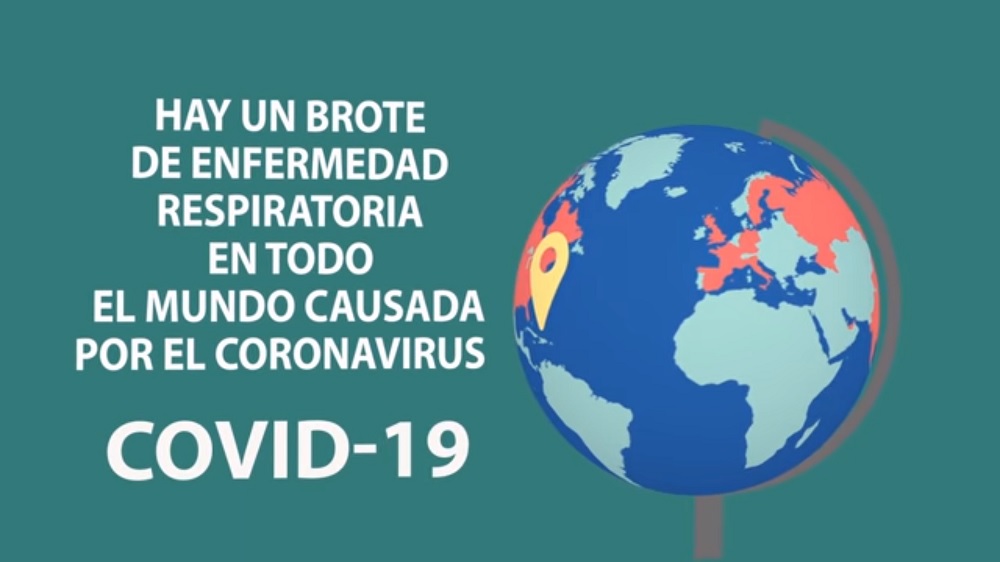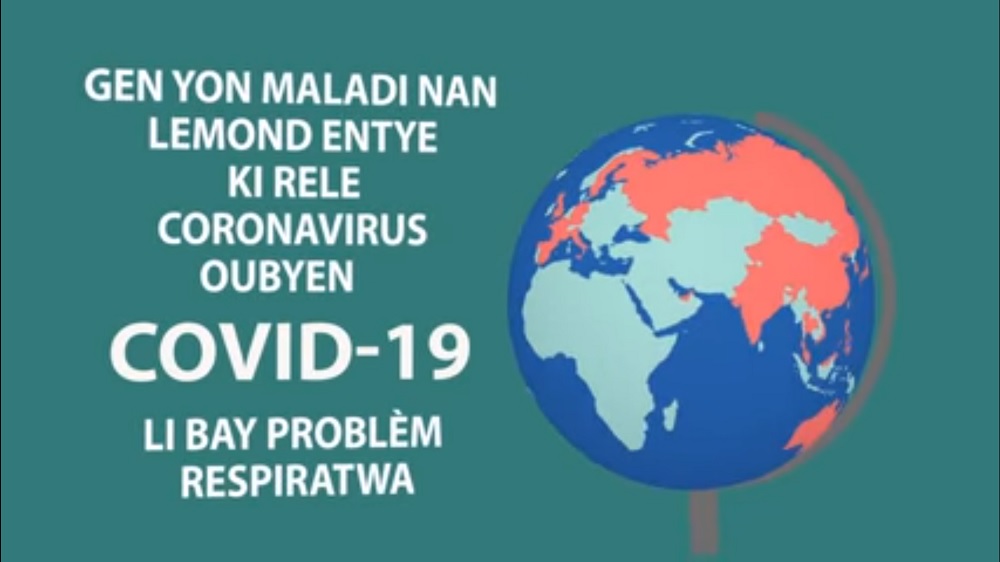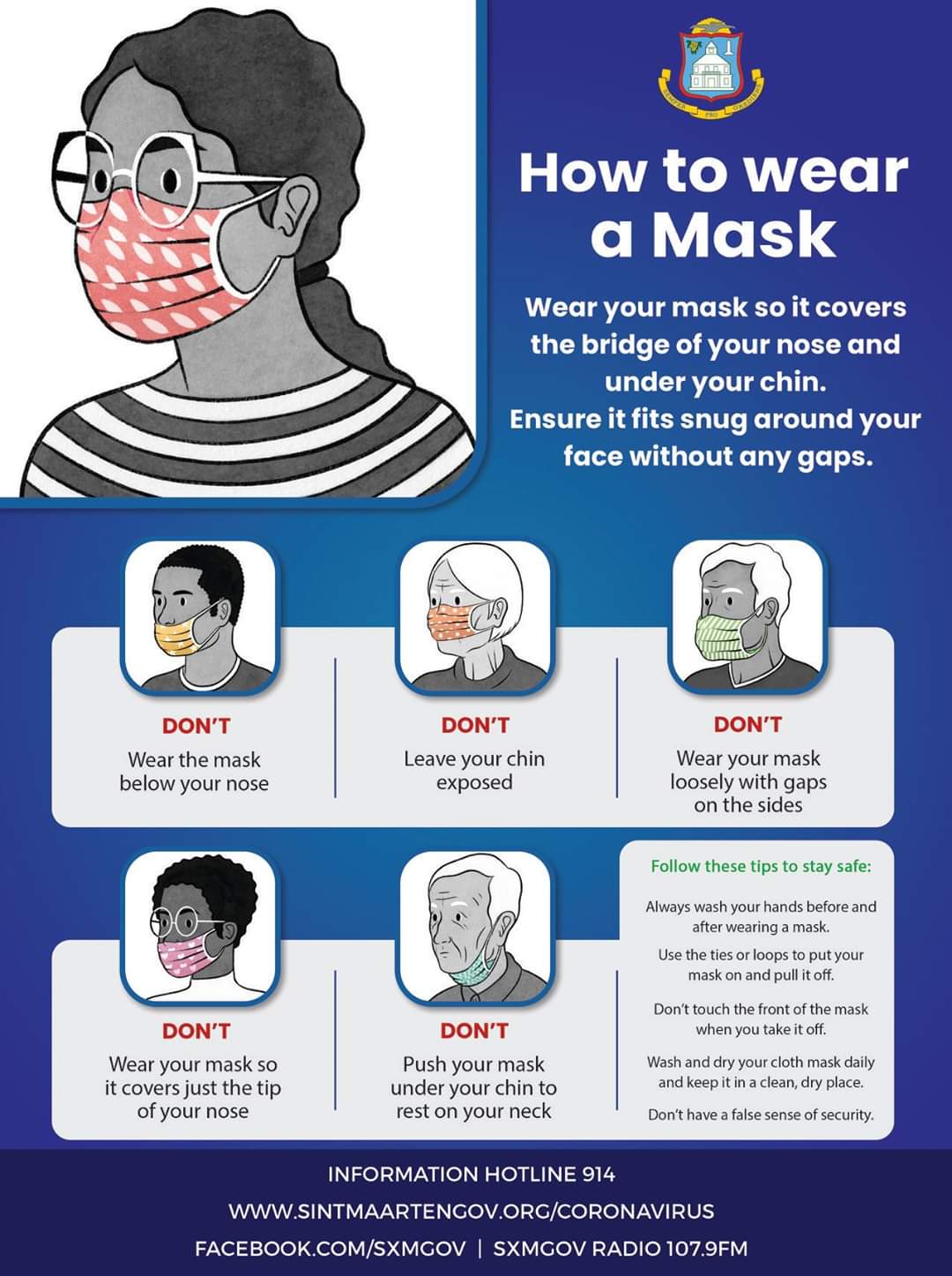Girls in ICT Day 2023: Digital Skills for Life
By Diane Quarless
Today, 27 April, people across the world are marking Girls in ICT Day with the theme “Digital skills for life”. This day was created to encourage and empower girls and young women to become users and creators in the digital world.
In the Caribbean, we have very little data on who is using digital technologies and the Internet. Sex-disaggregated data is only available for a few countries in the databases of the International Telecommunication Union, but we do not know if this is representative of the whole Caribbean. At least for certain age groups, the countries for which we have data have achieved parity between men and women. This is promising but must be taken with caution, as globally, we see a large, and expanding, gender gap in internet use.
The COVID-19 pandemic, which increased inequality in societies across the world, is partly responsible for this widening gender gap. Digital and social inequality are inextricably linked, and as noted in the United Nations Secretary-General’s Roadmap for Digital Cooperation, “Digital divides reflect and amplify existing social, cultural and economic inequalities”. The COVID-19 pandemic has had disproportionately negative effects on women across the Americas, including on women’s quality of life. For example, in the Caribbean, more female-headed households reported having been going to bed hungry or eating less healthily as a result of the COVID-19 pandemic, and an increase in domestic violence toward women was also observed. Both the economic situation and domestic violence correlate with more limited access to and use of digital technologies and the Internet. As such, it is possible that the ability and freedom of women and girls in the Caribbean to access and use digital technologies have reduced since 2020. This is deeply concerning.
In addition to addressing gaps in access and use, we also need to consider the quality of the online experience for women and girls. Girls worldwide are growing up in, or seeking to enter, an online environment that is highly unfavourable to them. Globally, we observed that gendered disinformation is on the rise, with women being targeted more often and more viciously than men. Outspoken women and girls, such as politicians, journalists, activists, or those who have intersecting identities, have been shown to receive even more of these attacks. This is also true in the Americas. Given the diverse racial and ethnic makeup of the Caribbean region, it will be important to monitor the quality of the online experience for Caribbean people, so that we can address this issue and provide support to those affected. This will require the collection of data disaggregated by sex, race or ethnicity, disability status, age, and more, and an intersectional analysis of this data.
A 2022 social media poll by the International Telecommunication Union found that being safe online was the second most important factor determining whether girls decide to pursue a career in science, technology, engineering, and mathematics (STEM). However, at the moment, children appear to be a primary group of victims of cyberviolence, with girls experiencing more severe challenges than boys. Research from around the world shows that they receive three times as many unwanted sexual messages from peers, are more likely to be targeted by groomers, and are featured in 93% of sexual abuse imagery. At a 2022 conference on the well-being of youth in Central America and the Caribbean, some research findings were presented demonstrating that while children in Trinidad and Tobago are aware of different risks of being online, they are not necessarily aware of what constitutes risky behaviour. This is particularly concerning for girls, who, at least in the OECD, have been shown to have lower levels of digital skills than boys once they enter adolescence.
An additional concern is that girls tend to start out with equal or higher digital skills than boys in primary and lower secondary school, but have less confidence in their skill levels, receive less encouragement, and tend to avoid technology-related subjects and fields as they age. The COVID-19 pandemic, which led to many more children being brought online, some for the first time, may have increased the number of vulnerable targets for cyber violence, and online sexual exploitation and abuse. Legal and policy interventions are needed to ensure a safe online environment where children can learn and thrive. These interventions must be human rights-based and intersectional, and must also recognize that the violence that women experience online is intertwined with the violence they experience offline, and address societal and cultural factors that perpetuate gender-based violence and ultimately impact the well-being of girls.
Part of the solution must also be targeted interventions to raise digital skill levels among marginalized groups, including women and girls, addressing also gendered attitudes and societal prejudices and stereotypes associated with women and technology. Structural societal issues, including the exclusion of women from the digital realm and from technology-related professions, have led to many technologies and platforms incorporating algorithmic bias against women, or dismissing women’s experiences or heightened risks online. Capacity-building courses must therefore also incorporate an intersectional approach that considers the unique risks faced by women and girls of multiple identities.
We have a long way to go to ensure that digital technologies and the Internet empower and benefit all people, including girls. However, focusing on digital skills for life can help in ensuring that they can assess risks, protect themselves, participate in the creative processes taking place online, and empower them to use digital technologies in ways that will benefit them and the societies they live in. To get there, we must focus on digital inclusion, examining the whole society, the societal structures, and barriers, and act with the most vulnerable or marginalized in mind. We owe this to them.











